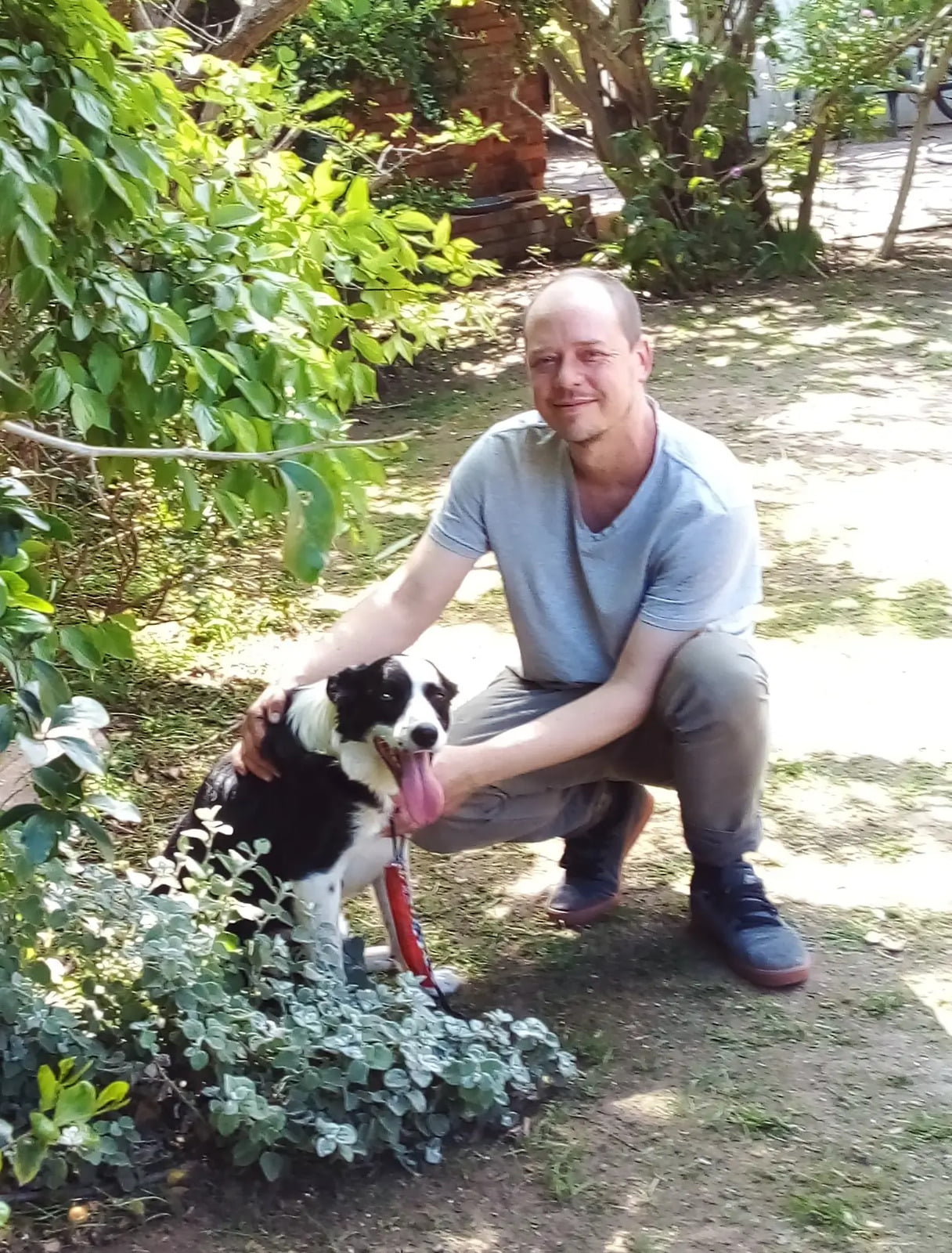
Well-being in our lives:

What does therapy look like?
There is great depth to the human experience. How can we listen to this more? By being more aware of one's own needs and feelings; next to others' around us, with calm assertiveness and positivity, centered in warm-hearted pro-social values perhaps. Talk therapy sessions - 50 minute conversations - work to allow pertinent issues to surface in the therapeutic space.
Therapy - what to expect:
1. Meeting, history-taking and describing issues at hand.
2. Building understanding around symptoms and challenges.
3. Deeply familiarising ourselves with this dynamic understanding of the issues at play.
4. Continued focus on day to day life contemplatively and on issues at play, while seeking ways to positively shift outcomes meaningfully.
Areas of expertise:
- Anxiety: Threat appraisal related feeling. Is associated with the fight, flight, freeze or friendly reflex. Sometimes anxiety seems to reflect external or internal tensions we feel. Anxiety can be a feeling of unease; of self-consciousness, of being threatened, or stressed.
- Panic attack: Heightened intense anxiety. Panic disorder includes symptoms like sudden increased heart rate, feeling faint, sweating, panic feeling and a feeling of impending doom, racing thoughts and shallow breathing. Often in panic attack psychological factors like intense emotion or worry, impact us so severely that we feel it in our bodies - in the physiological signs of fear, which in a way demand to be heard.
- Self-esteem: Our sense of self is critical, informing our day to day functioning. Seeking confidence in itself is perhaps a useless task: searching for authenticity in ourselves, however, is a clearer and more rewarding goal. Our sense of self and our conditioned experience of self-trust is fundamental to us and to our natural wellbeing as people.
- Depression: A feeling and problem of chronic sadness and low mood, that can involve our sense of life narrative and sense of self in life, and our experience of and response to the world as a person. It can be useful to consider depression as a burn-out; a woundedness of one's hope perhaps; or of one's or others' dignity. Depression can feel like hopelessness, and people commonly have feelings of guilt or low self-worth.
- Dream interpretation: Dreams are arguably the ruminations of our unconscious mind, mulling over, forming perspectives and dream-scapes 'subconsciously'. In that process there is often an objective mirroring of life; of our feeling, and in terms of meaning, that one can pick up on in dreams.
Samuel Waumsley
M.A. Clinical Psychology (UCT, 2010)
B.Soc.Sci. Hons (UCT); B.A. Hons (UCT); B.Soc.Sci. (UCT)
Trained at the UCT Child Guidance Clinic. Internship at Groote Schuur and Valkenberg Hospitals.
Practice established in 2012.
HPCSA Registered. Member of PSYSSA.
Research:
Published a review of therapy done at the UCT Child Guidance Clinic between 1997 and 2007, in 2010, arguing that psychotherapy was shown to be generally useful to adults and children at the Cape Town Clinic, across diverse South African socio-financial contexts, and that financially poorer individuals showed better adherance to therapy in the study. Published in the South African Journal of Psychology .
